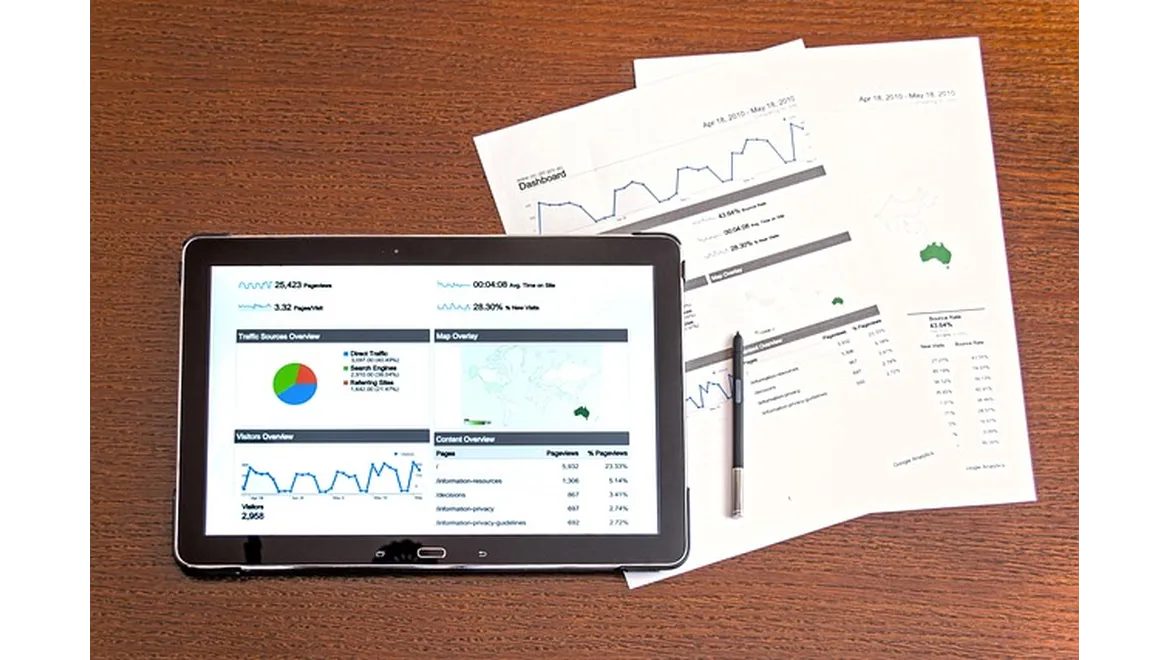When I had the opportunity to sit down with marketing strategist Jennifer Martinez in a bustling coffee shop in downtown Seattle, I was eager to delve into her thoughts on Google’s recent decision to extend the lifespan of cookies. Despite the ambient noise, Jennifer’s insights were not only clear but profoundly compelling. Her extensive experience with various clients provided her with a nuanced understanding of why continuing to rely on cookies is not a sustainable strategy.
“Google’s decision to keep cookies around for a bit longer caught many off guard,” Jennifer began, taking a measured sip of her latte. “For those in advertising and marketing, third-party cookies were never the perfect solution. They served as a crutch at best.”
Jennifer’s approach to the subject was balanced; she didn’t dismiss the utility of cookies outright but emphasized that their continued presence should not lead to complacency among marketers. “Yes, cookies will provide us with more data for now,” she acknowledged. “However, the landscape is evolving rapidly. We can’t afford to be shortsighted.”
Jennifer laid out five key initiatives that she believes should take precedence over any reliance on cookies. Her methodical approach was compelling, supported by practical advice and real-world experience.
First on her list was server-side tracking. “Third-party cookies collect data on the browser side, making them vulnerable to numerous limitations,” Jennifer explained. “From browser blocking to privacy regulations, too many variables can disrupt your data flow.” She advocated for server-side tracking, which uses first-party cookies to collect data directly from the server. “Setting up server-side tracking is more complex, but it offers a more reliable and accurate data set. This method circumvents many of the limitations of third-party cookies and is more resilient to changes in browser policies and privacy regulations.” Jennifer suggested that marketers explore Customer Data Platforms (CDPs) and server-side Google Tag Manager as viable options. “If your internal resources are limited, consider partnering with a vendor or agency specializing in server-side data collection,” she advised.
Next, Jennifer highlighted the importance of leveraging advanced platform analytics, such as Google’s Enhanced Conversions and Meta’s Conversions API (CAPI). “These tools provide richer data that can enhance your bidding algorithms,” she said. “They help you identify high-value users and understand how online actions impact your revenue pipeline.” She emphasized the critical role of a well-maintained Customer Relationship Management (CRM) system in this context. “Your CRM should be your single source of truth. It needs to be robust enough to clean and segment your data regularly and feed it back into your ad platforms.”
Jennifer also discussed the necessity of adopting a broader perspective on analytics. “Even when third-party cookies were more intact, they couldn’t tell you which engagements were truly incremental,” she pointed out. She recommended experimenting with lift tests and Marketing Mix Modeling (MMM) tools. “Geo lift tests can help you assess the actual impact of your ads, while MMM tools like Meta’s Robyn can help you fine-tune your budget allocations based on historical media data. These methods provide insights that go beyond what cookies can offer.”
Another critical point Jennifer made was the importance of alignment on key performance indicators (KPIs). “One of the most common issues I encounter is brands not being aligned on their KPIs,” she noted. “Without consensus on the most important KPIs, any discussion about cookie tracking is moot.” She stressed the importance of having a clear, unified vision for success. “Your team needs to be on the same page about what you’re trying to achieve. Whether it’s customer acquisition, revenue growth, or brand awareness, your KPIs should be well-defined and agreed upon by all stakeholders.”
Lastly, Jennifer underscored the importance of staying informed about industry news and trends. “The digital marketing landscape is constantly evolving. You need to keep an eye on how changes are affecting similar organizations and anticipate what’s coming next.” She recommended finding reliable sources and maintaining close contact with industry experts. “Do the work to predict how you can be more effective, whether you’re an individual contributor or a team leader. Developing the skills and systems to adapt to future changes is crucial.”
As our conversation wrapped up, Jennifer succinctly encapsulated her philosophy: “Enjoy the data while cookies are still around, but don’t let them be an integral part of your long-term strategy. Focus on first-party data collection, CRM integrity, advanced analytics, and a shared vision for success. These elements will remain relevant long after Google finally cuts the cookie cord.”
Jennifer’s approach was both pragmatic and forward-thinking, providing a roadmap for navigating a post-cookie world. Her insights emphasized the importance of adaptability and strategic planning, offering valuable guidance to marketers facing similar challenges. As I left the coffee shop, I felt assured that her advice would resonate deeply with many in the industry.











